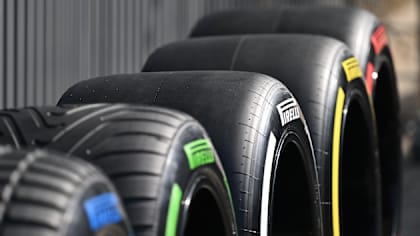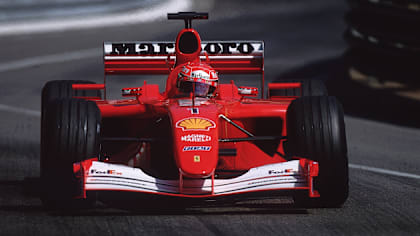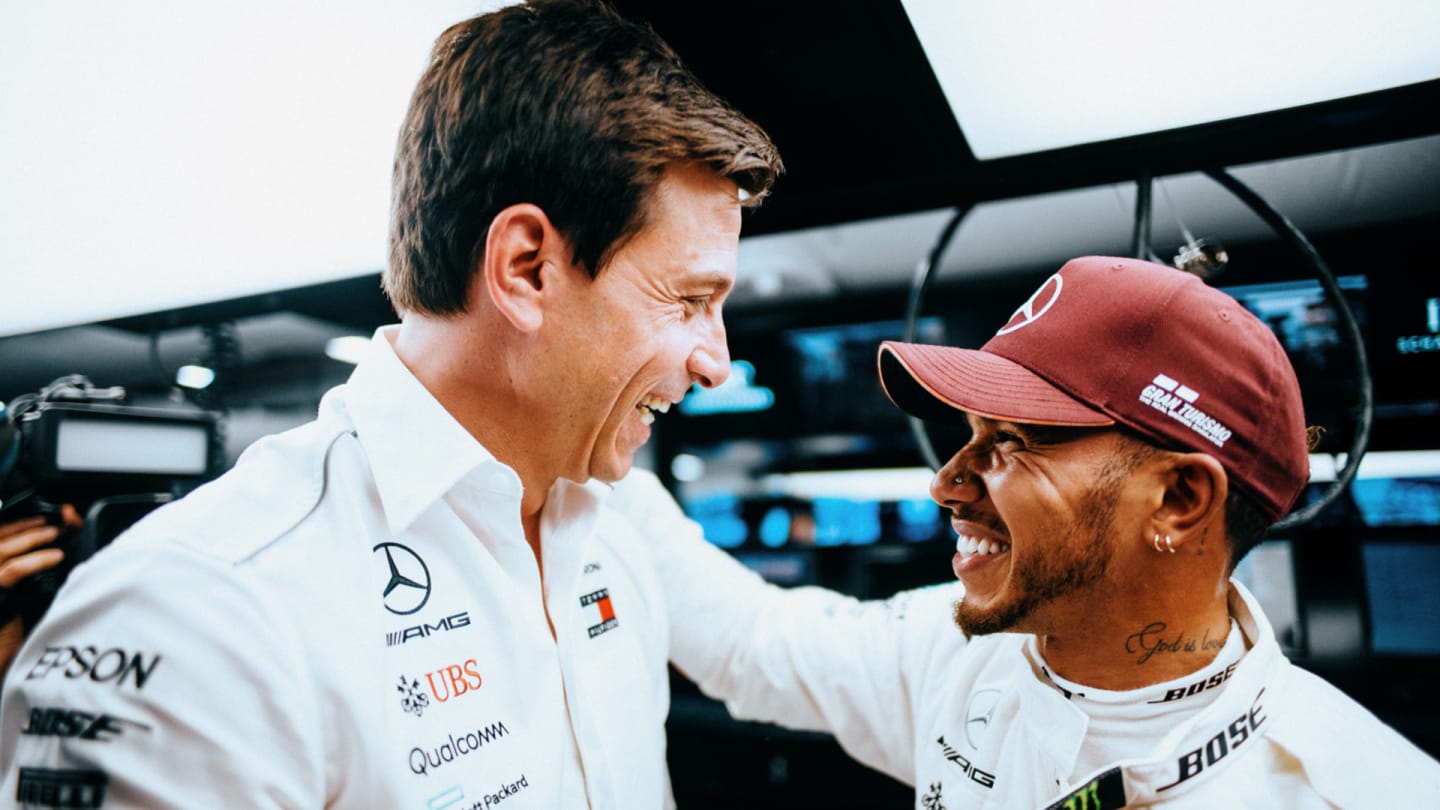
Feature
5 key F1 storylines bubbling beneath the surface in 2020
Share

There’s plenty to look forward to on track when F1 2020 gets back under way in Austria this weekend, from thrilling driver rivalries to tense battles between the teams – plus there’s almost certainly more drama left in the driver market.
And of course, we'll all be watching the big issues closely, like the Sebastian Vettel vs Charles Leclerc situation at Ferrari, whether Max Verstappen – or anyone else – can stop Lewis Hamilton winning a seventh title, and who can come out on top in the battle for midfield supremacy.
But away from these headlines - which we took a closer look at in our '10 key questions' feature here - there are plenty of other tantalising storylines bubbling beneath the surface that will play out over the course of the season...
1. The future of the all-conquering Mercedes juggernaut
Change is inevitable and is something that Mercedes has skilfully navigated through the last six years of unrivalled success with CEO Dieter Zetsche, tech wizard Aldo Costa and world champion Nico Rosberg among those to have tasted victory and departed during that time.
The latest departure will be one of the biggest, though, with Andy Cowell soon to leave after 16 years of service, having in the last seven campaigns overseen a power unit that has become one of F1’s most successful in the championship’s history.
READ MORE: Four reasons why engine guru Andy Cowell’s departure from Mercedes is so significant

Mercedes' team dream of (L-R) James Allison, Valtteri Bottas, Toto Wolff, Lewis Hamilton and Andy Cowell - though only Allison is currently contracted to the team past the end of this year
The leadership team has been restructured, and they have form of having dealt with similar upheaval in the past, but Cowell was a significant signing and in around a year’s time, he’ll be available to all their rivals.
There’s also the not so small matter of Team Principal Toto Wolff’s next steps, the Austrian having admitted he is contemplating his future – with the feeling he might make the move upstairs to a less day-to-day role – and whether or not Lewis Hamilton will commit to another deal.
So with their engine guru leaving and question marks over the future of the team boss and star driver, this season could prove to be pivotal in terms of whether the Silver Arrows can keep up their incredible levels of success into the future.
2. Williams’ search for investment
There was big news over at Grove earlier this year, when Williams made a shock announcement that they were considering selling a minority or majority stake in the iconic British F1 team as they chase a “new strategic direction” in a bid to reverse their fortunes.
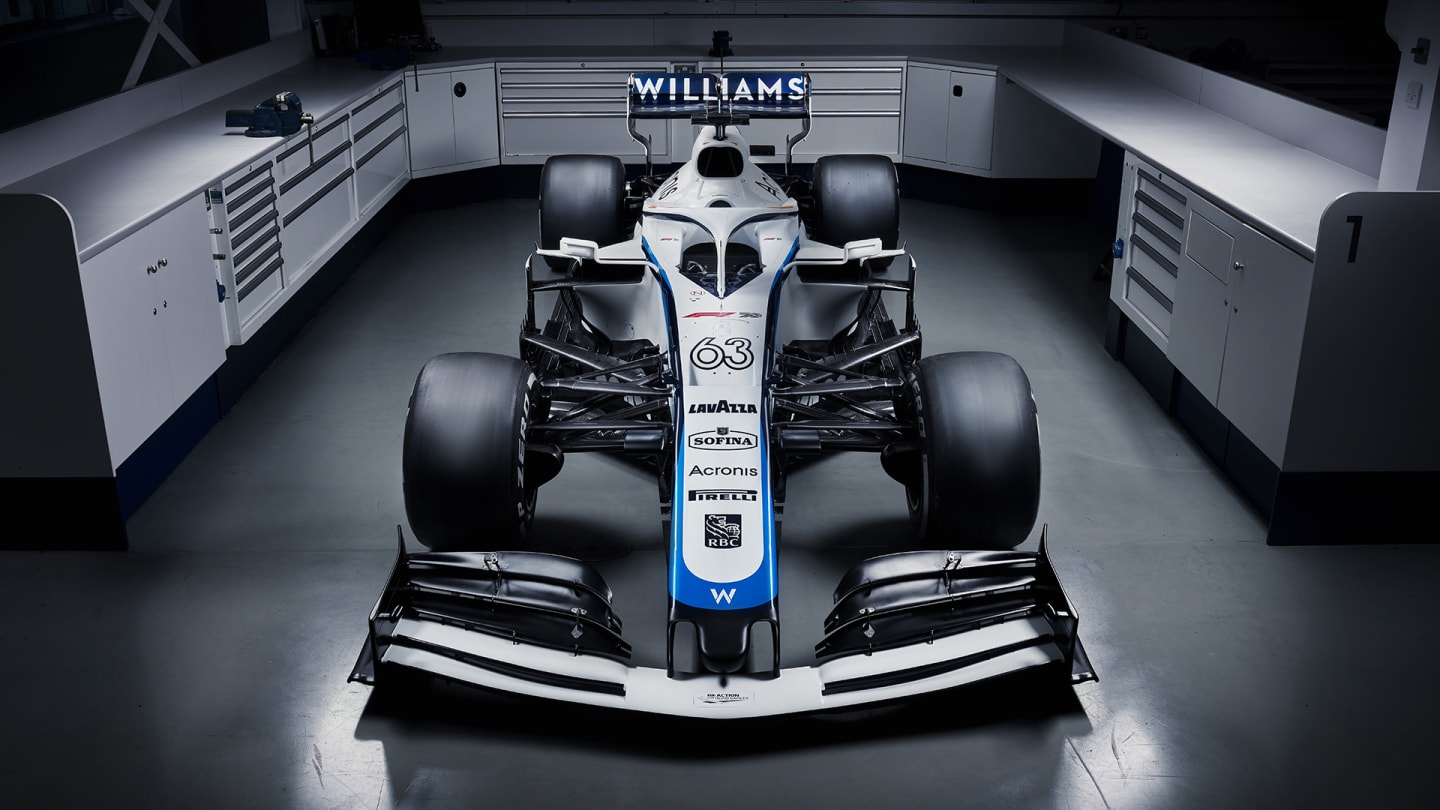
A new livery for 2020, but Williams also need to secure new investment
The last two years have been dark times for the team Sir Frank started from scratch, the squad finishing last in the constructors’ championship on each occasion. The knock on effect has been a fall in their share of the sport’s revenues that has put a strain on the business.
The early end to their partnership with title sponsor Rokit on the eve of the season was not ideal, and while they are financially set for this season and into 2021, they need a cash injection to secure their long-term future and give them the footing to climb back up the field.
ANALYSIS: What lies ahead for Williams after shock financial news?
The hope is an arrangement can be agreed upon by August-September time, giving the team time to get their ship in order ahead of 2021, when the budget cap comes in and when they can start work on the radically different 2020 cars that offer such a big opportunity,
It is believed there is strong interest, so the coming weeks as racing gets under way again will be crucial in determining the future of F1’s second most successful team.
Ultimate Guide: Restarting the F1 2020 season
3. Progress on the new Concorde Agreement
The new commercial agreement between the teams and Formula 1 itself has been a talking point for months now, and at the turn of the year, significant progress had been made. But then coronavirus struck, and the subject was rightly pushed down the agenda.
With F1 about to go racing again, and the remainder of the 2020 calendar taking shape, attention can return to the so-called Concorde Agreement, which governs things like how the sport's income is shared out among the teams. The current deal expires at the end of the year and as such, time is of the essence to get a new one over the line.
The feeling is that an agreement will be found that satisfies all who are involved, especially considering how collaboratively all parties have worked to navigate the challenge the global virus has presented.
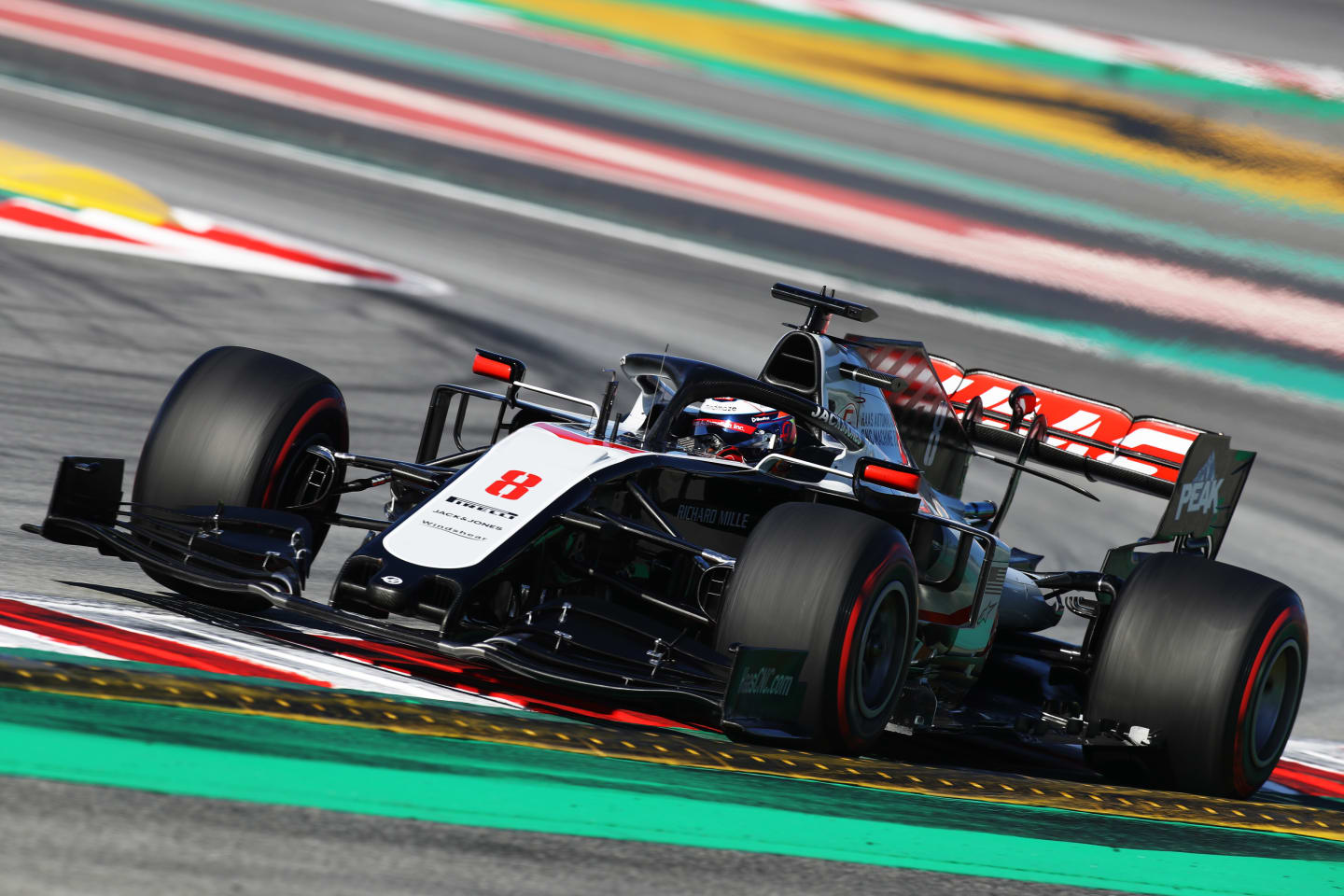
Will the Haas name continue in F1 into next year and beyond?
4. Will Gene Haas commit to F1 for the long term?
Haas have made a brilliant impression on Formula 1 since joining the fray in 2016, the American outfit ruffling plenty of feathers with their “buy what we can” strategy that has yielded great results for such a young team. And after four-and-a-half years, they’re still here.
The hope is, of course, that this will remain the case for the foreseeable future, but that depends on the decision of one man – Gene Haas. The businessman is the one who pays the bills and signs off on the budget each year. And he does it because he loves racing.
READ MORE: ‘I think Haas is here to stay’ – Steiner confident Gene Haas will keep his team in F1
But he has become frustrated with the disparity between teams in terms of the way the sport’s revenues are handed out, and he’s pushed hard for a level-playing field. Progress has been made in both areas, with a cost cap and new rules such as the aerodynamic sliding scale coming into force.
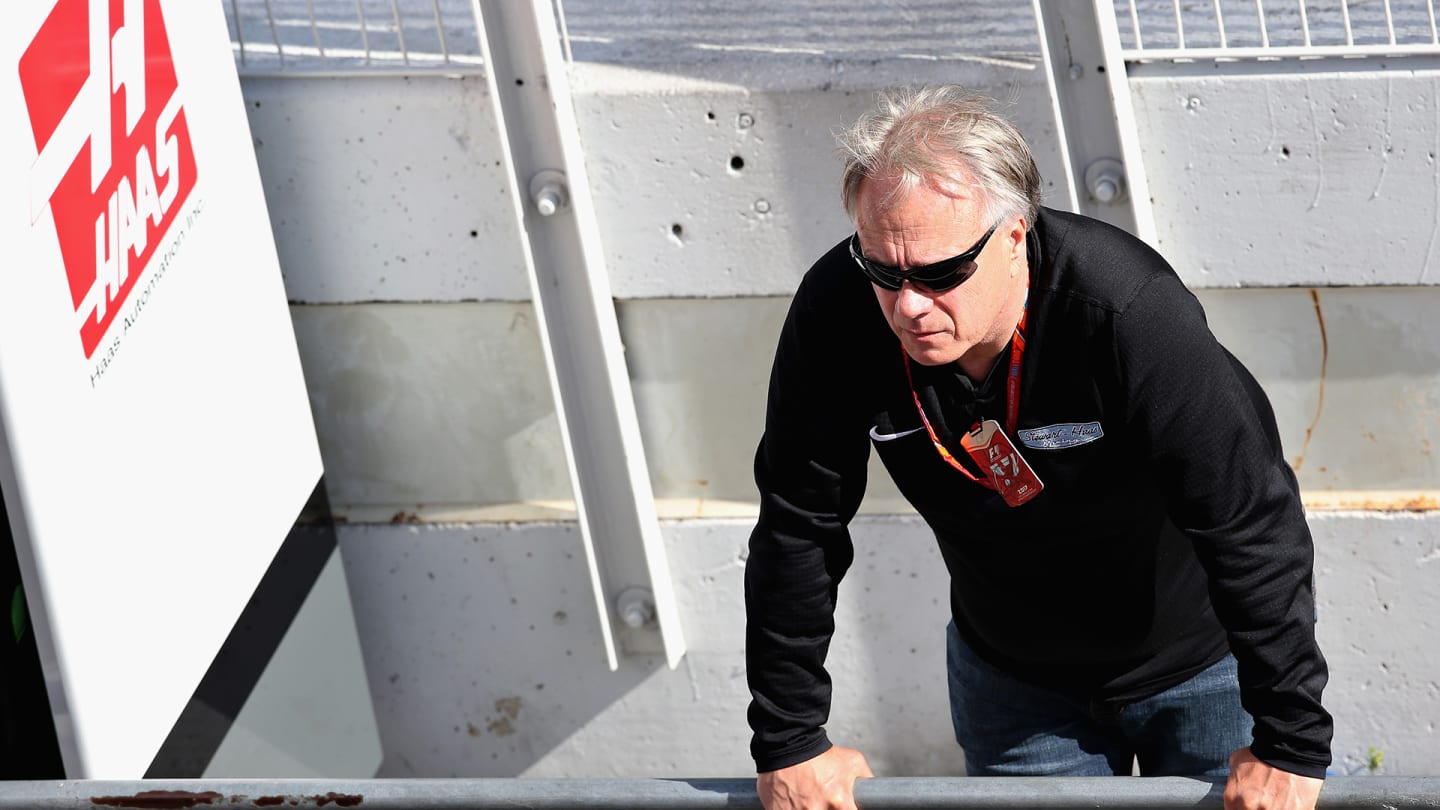
Gene Haas wants to see a more level playing field if he is to keep his team in F1
Is that enough to persuade him to stay, though, with the team’s contract with F1 – like all teams – expiring at the end of the year? The signs are good, with Team Principal Guenther Steiner suggesting “Haas is here to stay”.
But he concedes it’s not about what he thinks, but rather the man who is running the show. Interesting times ahead.
5. How will the teams attack F1's revolutionary rules change?
It’s all change for F1 next year with the introduction of a new aerodynamic sliding scale, which gives more wind tunnel testing time to the teams at the bottom of the ranking and reduces the hours a successful team is allocated.
That heaps pressure on the more successful teams to be more efficient with their development and also impacts the way they approach a series of campaigns.
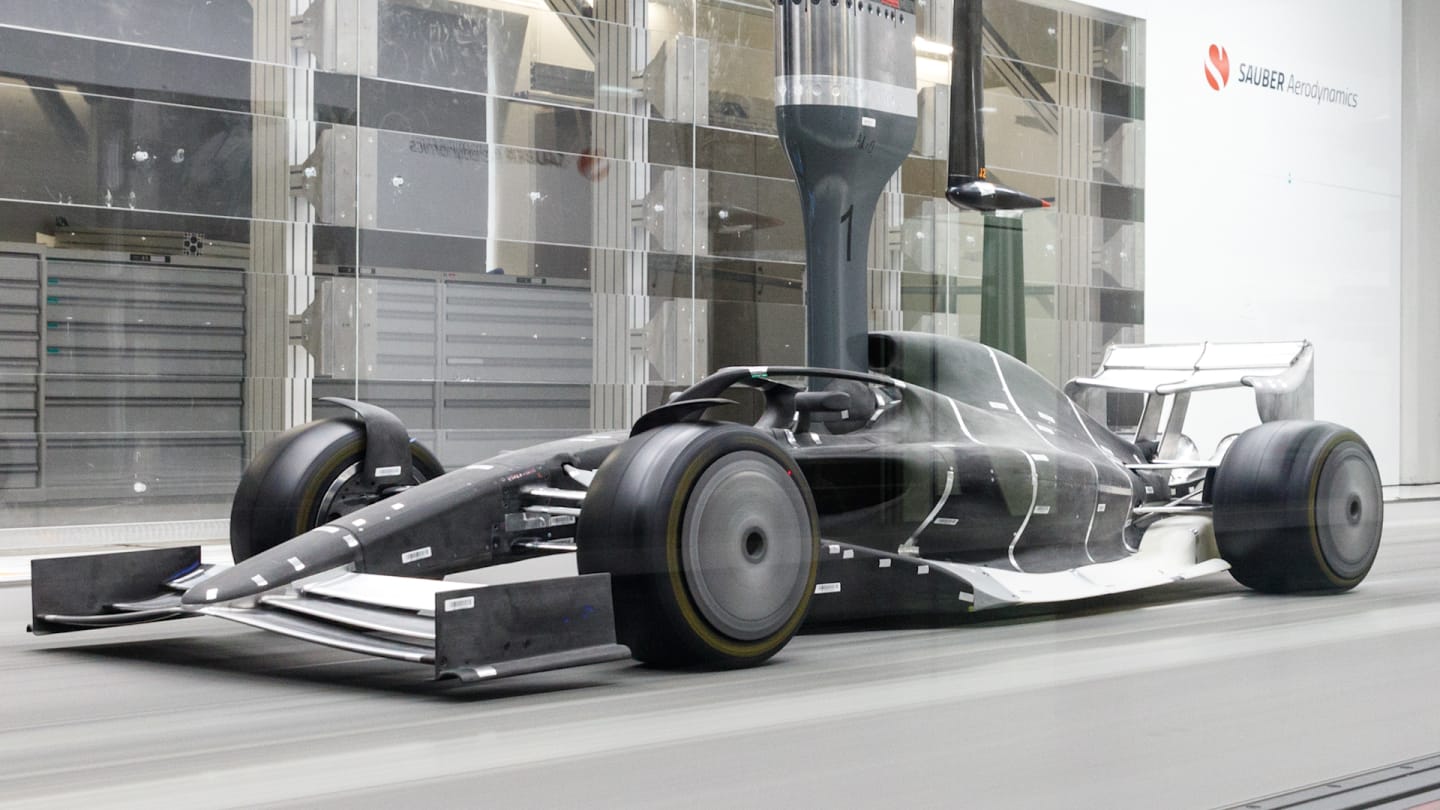
Change is coming in F1 - but how will the teams balance the need to design a whole new car for 2022 with staying competitive in the mean time?
As Mercedes tech chief James Allison pointed out, the main focus of their 2021 development time will be on the brand new 2022 cars, but that amount of time and the resource they have to work with will be dictated by how successful they are during this campaign.
READ MORE: Mercedes tech chief Allison on why the 2020 season will set the agenda for 2022
That means a team can’t simply abandoned focusing on 2020 because while they would likely get more development time, they will have a smaller slice of the sport’s revenues.
The potential gains for 2022 are huge, which is why teams like McLaren and Williams are trying to get their finances in order now, so they are well funded to attack the development race for 2022 next season.
Read more on the new season
- Can any of last season’s midfield teams make F1’s ‘big three’ the ‘big four’ in 2020?
- 8 F1 records in danger of being broken in 2020
- Every Formula 1 team’s biggest challenge in 2020
- How much will the cars have changed since testing when they arrive in Austria?
- 5 headline-grabbing rivalries set to dominate the 2020 season
- F1 2020: Our writers' predictions and hot takes ahead of the new season
- Vettel’s future, Hamilton’s record chances and more: 10 key questions for the 2020 season
YOU MIGHT ALSO LIKE
News What tyres will the teams and drivers have for the 2025 Japanese Grand Prix?
News ‘We want to beat each other’ – Norris expects ‘tougher times’ battling Piastri amid McLaren pair’s potential rivalry
News Michael Schumacher’s Monaco Grand Prix and double title-winning Ferrari F2001 to be sold at auction
News FIA Thursday press conference – Japan

